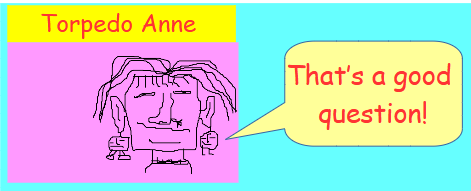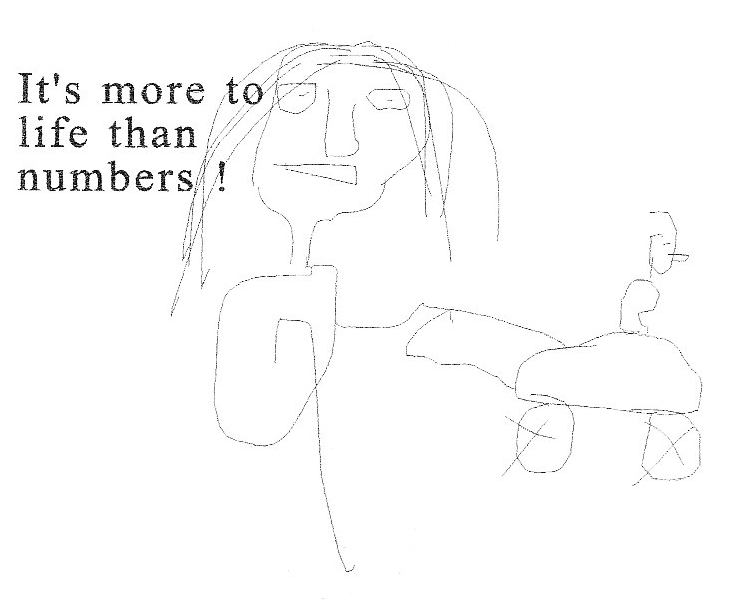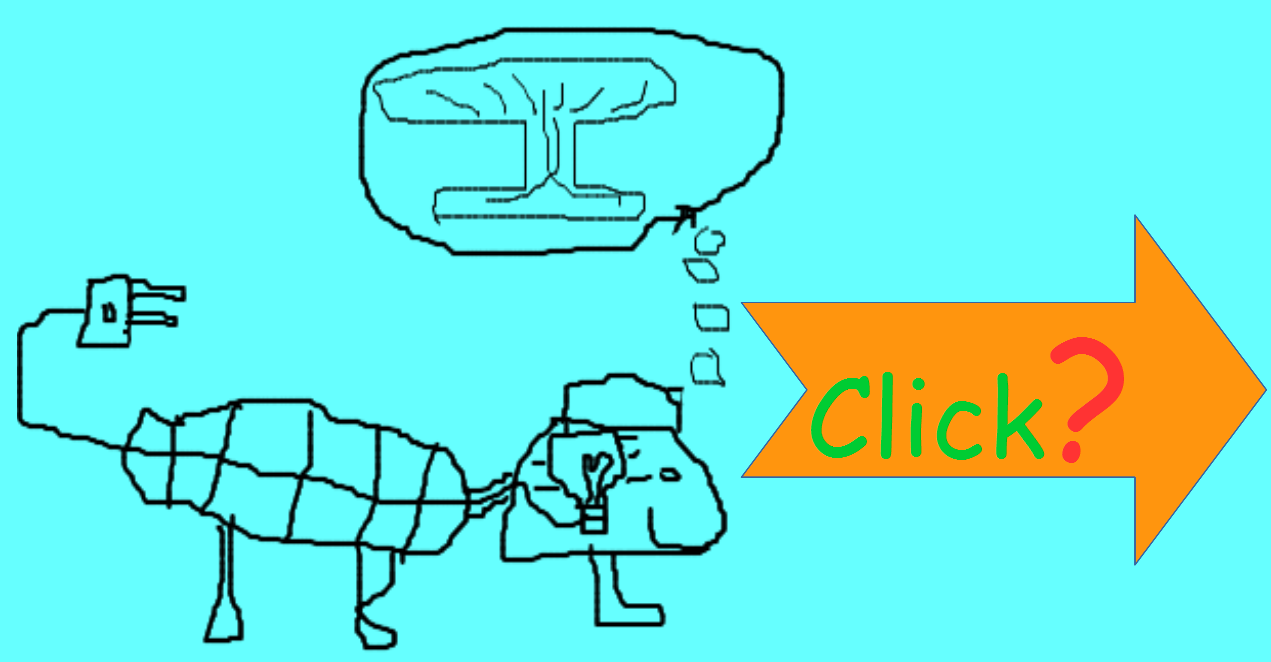page2011 Rings Matthias Lorentzen...mattegrisenforlag.com
Look at the picture beneath, then
scroll down to the question and click the correct Answer button.


Exercises: Ideals , Extensions & Vector Spaces
Exercise
Let us start with an exercise that bridges the concepts of ideals , simple extension fields,
and introduces vector spaces.
Exercise:Exploring a field E as a Vector Space.
Let F = `QQ` be the field of rational numbers. Consider the polynomial
`p(x) = x^2 - 2` `in QQ[x]`.
1. Show that the ideal `I = langle p(x) rangle` generated by p(x) in `QQ[x]` is a maximal ideal.
2. Deduce that the quotient ring `K = QQ[x]"/" I` is a field. This is a simple extension field of `QQ`.
3. Demonstrate that K is a vector space over `QQ`.
4. Find a basis for K as a vector space over `QQ` and determine its dimension.
Detailed Solution (including explanation of Vector Space theory used):
Before we dive into the solution , let us briefly revisit the definition of a Vector Space.
Introduction to Vector Spaces (Theory):
A vector space (or linear space) V over a field F is a set V equipped with
two operations:
1. Vector Addition: For any u , v `bb in V` , there is a unique element `bb {u + v in V}`.
2. Scalar Multiplication: For any c `in F` and u `bb {in V}` , there is a unique element
`c bb {u in V}`.
These operations must satisfy the following ten axioms for all u , v , w `in` V and all c , d `in` F:
Axioms for Vector addition:
1. Closure under addition : `bb {u + v in V}`.
2. Commutativity under addition: `bb {u + v = v + u}`.
3. Associativity under addition: `bb {(u + v) + w = u + (v + w)}`.
4. Zero vector (additive identity): There exists an element `bb {0 in V`
that u + 0 = u for all `bb {u in V}`.
5. Inverse under addition: For every `bb {u in V}` , there exists an element `bb {-u in V}`
such that u + (-u) = 0.
Axioms 1-5 mean that (V , +) is an abelian group.
Axioms for Scalar multiplication:
6. Closure under scalar multiplication: `c bb u in bb V`.
7. Distributivity (scalar over vector addition): `c * bb {(u + v)}` = cu + cv.
8. Distributivity (vector over scalar addition): `(c + d) * bb {u}` = cu + du.
9. Associativity (scalar multiplication): c(du) +(cd)u
10. Identity (multiplication): 1u = u (where 1 is multiplicative
identiy in F).
Note: There is no such thing as a "multiplicative identity vector" in a vector space. Instead, the concept of a multiplicative identity in vector spaces comes from the field of scalars—the scalar 1 in the field F , not from a particular vector in V.
Question
When viewing the field `bb {K = QQ[x]"/"langle x^2 - 2 rangle}` as a vector space over `QQ` , which
of the following is true about scalar multiplication ,
denoted by `*`:
A) For any scalar `c in QQ` and vectors `bb {u , v in K}` , the distribution property
`c * (bb{u + v}) = (c * bb {u}) + (c * bb {v})` holds.
B) For any scalars c , d `in QQ` and vector `bb {u in K}` , the associative property
`(c * d)* bb {u} = c * (d * bb {u})` holds , and the identity property `1 * bb {u} = bb {u}` hold ,
but the other scalar multiplication axioms do not
?
